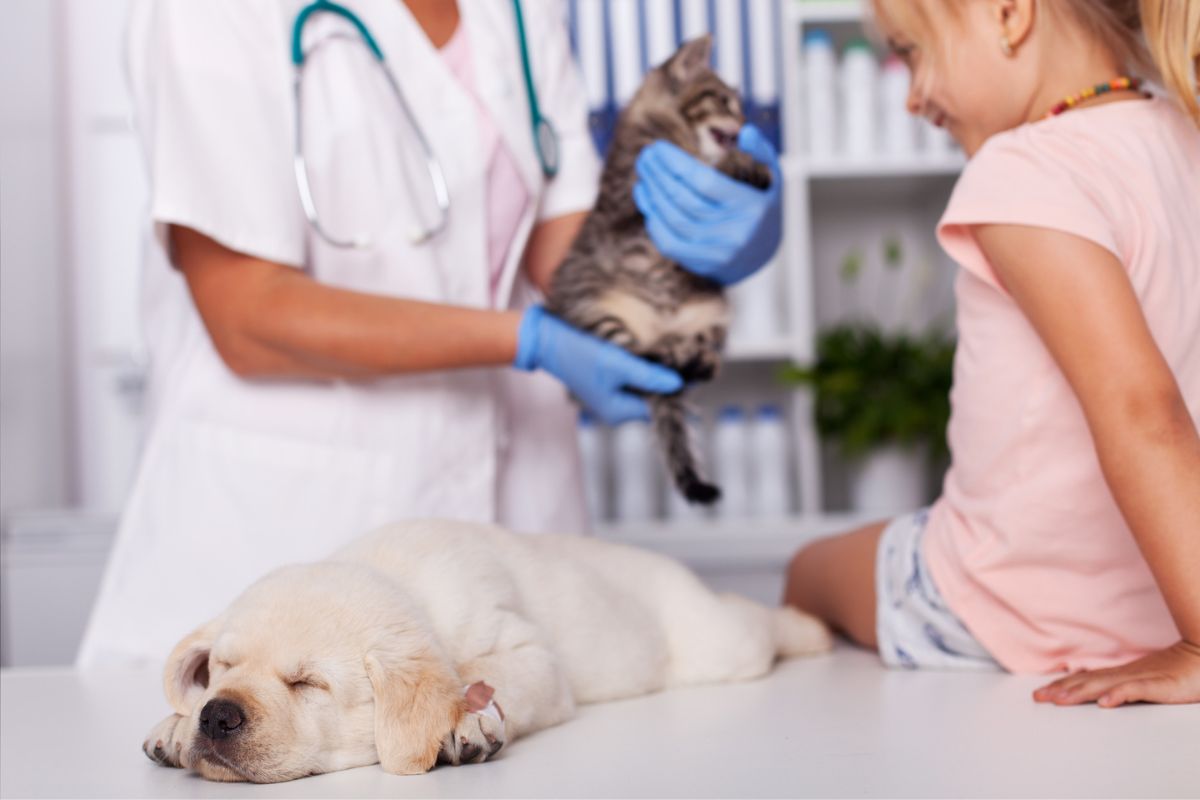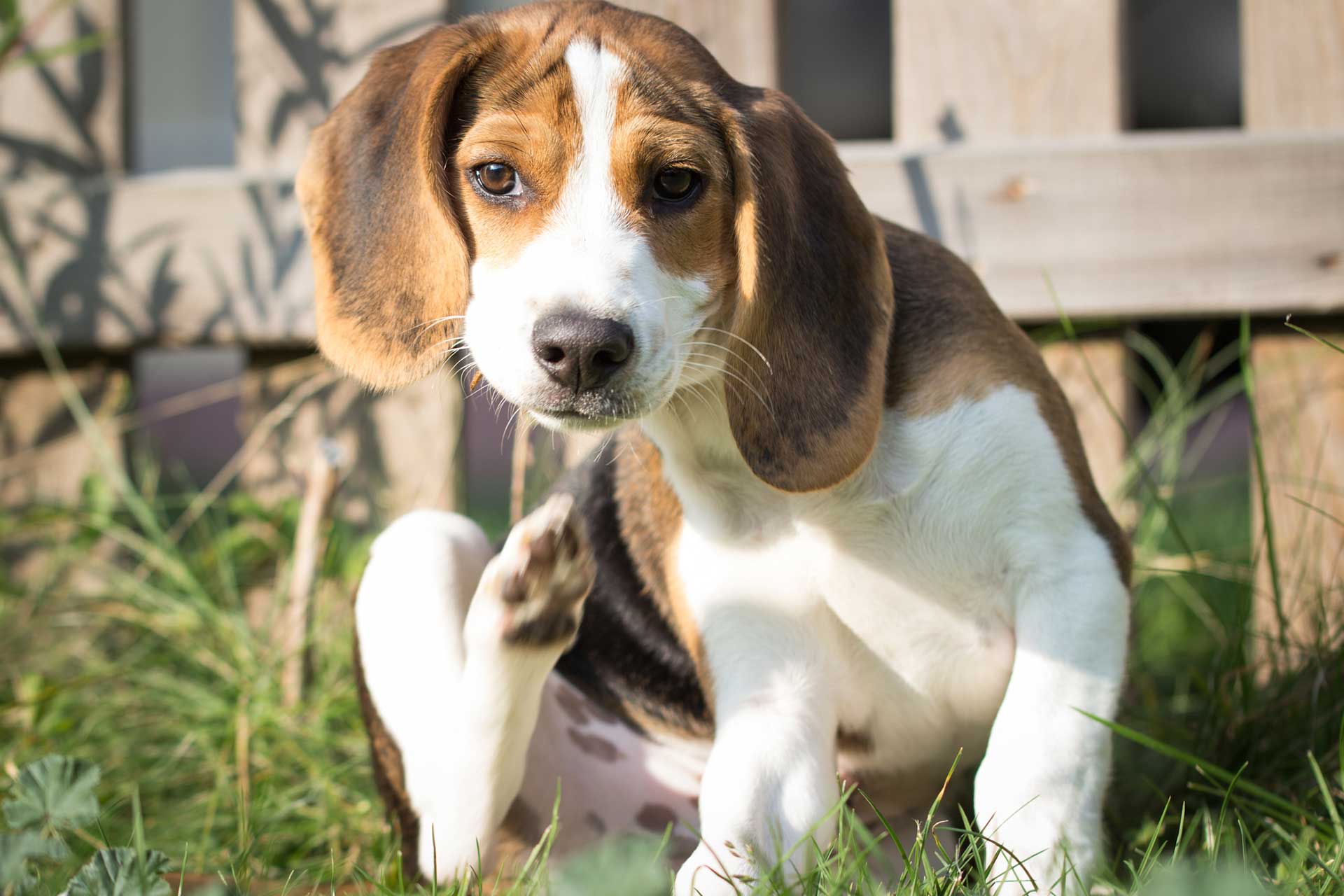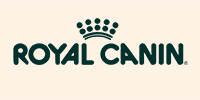Bringing home a new puppy or kitten is an exciting time, and ensuring they get the best start in life includes booking their first vet visit for a health check. Learn more about how to prepare for your first trip to the vet and what to expect.
Preparing for your pet’s first vet visit
Choosing a vet
Finding the perfect vet for you and your pet is an important decision, as they will oversee your pet’s medical needs for a long, happy and healthy life. Take the time to research vets in your area, seeking recommendations from friends, family, local pet owners, and online reviews. Consider factors like location, opening hours, and the range of services offered.
Vet tip: Find the contact details of your nearest 24-hour emergency vet hospital and save them in your phone in case your pet has an emergency when your usual vet is closed.
When to take your puppy or kitten to the vet for the first time
Book your pet’s first visit within a few days of bringing them home. Although your breeder may have already taken them several times, it’s always good for your vet to check for any health issues, setup a vaccination schedule, and review their parasite protection to ensure they stay safe and healthy.
What to bring to the appointment
Here’s a checklist of things to bring to your puppy or kitten’s first vet visit:
- Health Records: Any health records provided by the breeder, shelter, or previous owner. Information about vaccinations, deworming, and any other medical treatments.
- Identification: Bring your pet’s microchip information with you.
- Details about your pet’s current diet: Write down the brand and quantity of the food you feed your pet. This information will assist your vet in assessing your pet’s nutrition and providing tailored recommendations if necessary.
- Carrier or car harness: A secure carrier for kittens or a car harness, leash and collar for puppies to ensure their safety during transport and within the veterinary clinic.
- Comfort Items: A favourite blanket or toy to help your pet feel more at ease in a new environment.
- Treats: Pack some treats to reward good behaviour during and after the visit. No stress if you happen to forget, your vet will have plenty for your furry friend!
- Emergency contact information: Provide your contact information and any emergency contact details.
- List of questions: Prepare a list of questions or concerns you may have about your pet’s health, behaviour, or care to ask your vet.
What to expect during the appointment
During their first visit, your puppy or kitten will be given a thorough health check, which typically includes the following:
Physical examination
Your vet will perform what’s called a nose-to-tail physical examination. They’ll check your pet’s eyes, nose, mouth, teeth and gums for abnormalities and infections and their ears for ear mites. They’ll assess their coat and skin, check the glands in their neck, listen to their heart and lungs with a stethoscope, and feel their tummy and joints. They’ll also weigh your pet and check their temperature.
Vaccinations
Vaccinations are a significant aspect of the first vet visit. Puppies and kittens require vaccinations to protect them against common diseases. Your vet will review your pet’s vaccination history, discuss a suitable vaccination schedule, and administer the necessary vaccines to protect your pet from common diseases. Vet tip: consider joining our Best for Pet Wellness Plan membership which includes preventative health care services at an affordable monthly fee. This includes all annual core vaccinations and unlimited consultations. Find out more here.
Parasite prevention
Puppies and kittens are often prone to internal and external parasites, such as worms and fleas. Your vet will check your pet for external parasites like fleas and ticks and give you advice on the best parasite prevention for your pet.
Microchipping
Your vet will scan your pet’s microchip to check it’s working, and your contact details are correct. If your pet isn’t microchipped, your vet will microchip them so they can be easily identified and reunited with you if they ever get lost.
Nutrition guidance
Nutrition is another key focus during the initial visit. Your vet will discuss an appropriate diet for your growing puppy or kitten, addressing their unique nutritional needs. Proper nutrition is crucial for their development, and your vet can guide you in choosing the right food to support their health.
Desexing discussion
Your vet will discuss the optimal time for spaying or neutering your pet and give you information on the procedure.
Questions to ask the vet
The first vet visit is a great opportunity to ask your vet questions and seek advice on various aspects of pet care. From grooming tips to behaviour concerns, your vet can offer guidance and support. Here’s a list of questions to ask if they haven’t already been covered during the visit:
- What’s the ideal diet for my puppy or kitten, and how frequently should I feed them?
- How often should we schedule vet visits?
- Are there any health concerns specific to my pet’s breed I should be aware of?
- Does my pet require parasite prevention?
- When is the recommended time to desex my pet?
- Do you suggest crate training my puppy?
- What’s the best way to toilet train my pet?
- Which teething toys are recommended for my pet?
- How much exercise does my pet need?
- How should I socialise my puppy?
- Do you offer puppy school?
Your first visit sets the foundation for a lifetime of good health. Beyond health checks and vaccinations, it establishes a positive connection with the veterinary clinic, making future visits less stressful. Your vet will advise you on follow-up visits for vaccinations and overall health check-ups.
Contact your local vet for further advice on what to expect during your pet’s first visit. If you’re researching vets near you, check out our Best for Pet clinic network of over 270 vet clinics across Australia and New Zealand.








